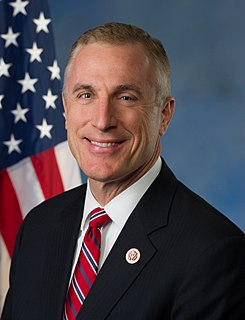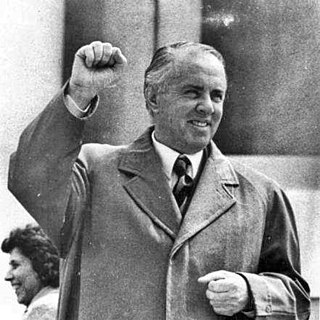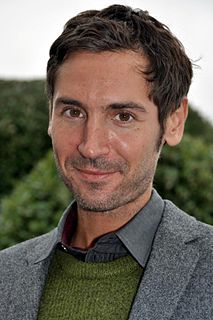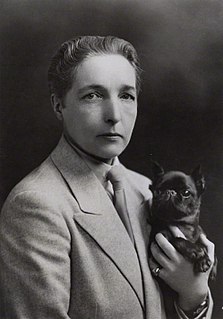A Quote by William Stanley Jevons
The wind, as a direct motive power, is wholly inapplicable to a system of machine labour, for during a calm season the whole business of the country would be thrown out of gear. Before the era of steam-engines, windmills were tried for draining mines; but though they were powerful machines, they were very irregular, so that in a long tract of calm weather the mines were drowned, and all the workmen thrown idle.
Related Quotes
The sacrifices of our people were very great. Out of a population of one million, 28,000 were killed, 12,600 wounded, 10,000 were made political prisoners in Italy and Germany, and 35,000 made to do forced labour, of ground; all the communications, all the ports, mines and electric power installations were destroyed, our agriculture and livestock were plundered, and our entire national economy was wrecked.
My family was in two businesses - they were in the textile business, and they were in the candy business. The conversations around the dinner table were all about the factory floor and how many machines were running and what was happening in the business. I grew up very engaged in manufacturing and as part of a family business.
The wealthiest places in the world are not gold mines, oil fields, diamond mines or banks. The wealthiest place is the cemetery. There lies companies that were never started, masterpieces that were never painted… In the cemetery there is buried the greatest treasure of untapped potential. There is a treasure within you that must come out. Don’t go to the grave with your treasure still within YOU.
All those people who went out [to Occupy Wall Street] missed work, didn't get paid. Those were individuals who were already feeling the effects of inequality, so they didn't have a lot to lose. And then the individuals who were louder, more disruptive and, in many ways, more effective at drawing attention to their concerns were immediately castigated by authorities. They were cordoned off, pepper-sprayed, thrown in jail.
When I worked with General Electric, again this was soon after the Second World War, you know, I was keeping up with new developments and they showed me a milling machine and this thing worked by punch cards - that's where computers were at that time, and everybody was sort of sheepish about how well this thing worked because in those days machinists were treated as though they were great musicians because they were virtuosos on these machines.





































